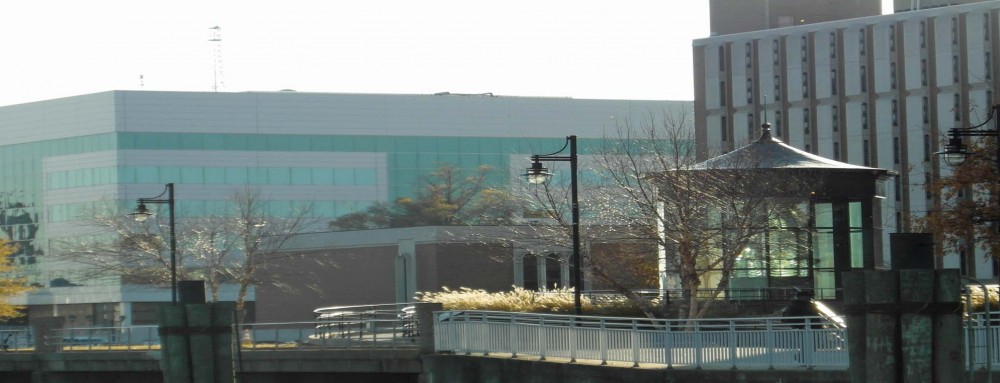Two months ago, as I sat outside the meeting room in which the board of the Southeast Public Service Authority (SPSA) was conferring in closed session, I overhead bits and pieces of a conversation among representatives of various waste hauling and recycling companies. Today’s edition of the Virginian-Pilot contains not only the essence of that hallway discussion but additional context for it. Portsmouth residents should pay it special heed for the article indirectly explains why our former recycling contractor was unable to offer the same terms for handling our materials going forward as in the contract that recently expired. If you only read one item from the V-P today, I strongly recommend that it be this one.
Before you step away to read the referenced article, I want to explain a little more about why incinerating and landfilling our recyclables is not benefiting Portsmouth customers. Not only is our interim arrangement detrimental environmentally, it is also a bad deal for our householders. A chance encounter with someone who was directly involved in establishing our curbside pickup system confirmed what I thought I knew about the financial aspects of the program. Under our current contract with SPSA, each member locality must deliver its solid waste to the trash agency for disposal at a cost of $125 per ton. Two exceptions in the use and support agreement exist, however: one for bulk waste (furniture, appliances, yard waste, construction debris, and the like which we haul to our landfill on Craney Island) and another for recyclables. The now-expired agreement with Recycling and Disposal Solutions of Virginia (RDS) allowed us to collect and drop off at their Frederick Boulevard location all the material listed under the lid of the blue bins without a processing charge. In effect the recycling vendor received his/her revenue from the sale of the recoverable materials. Every ton of handled in that fashion provided our city $125 of avoided cost to be used instead for the labor, recycling trucks, other equipment, and residential collection bins themselves. Eventually, these savings were not only to have paid for the program but produced a reduction in each customer’s waste disposal bill. With recyclables being delivered every collection day to Wheelabrator, the $125 per ton fee goes to SPSA. The longer this continues, the greater the likelihood that the city will have to increase our individual fees.
One mitigating factor, though, is that the post-2018 Use and Support Agreement with SPSA will likely come at a lower cost than the current one. Due to uncertainties in the wake of the termination of the disposal contract with REPower South, the actual tipping fee next year is not yet locked in. At whatever level it ends up, it is likely to be noticeably lower than the current $125 per ton. If Portsmouth goes into the new year without a recycling contract, then, the cost of treating recyclables like ordinary household waste will be lower. Nonetheless, it will still be higher than the zero cost that we had. At the same time, materials that could have been put to constructive reuse through recycling will end up as ash, greenhouse gases, and airborne toxic emissions, with the non-combustible components taking up space in the landfill. Reinstating our curbside recycling program expeditiously and effectively, therefore, is the most fiscally and environmentally responsible course of action.
